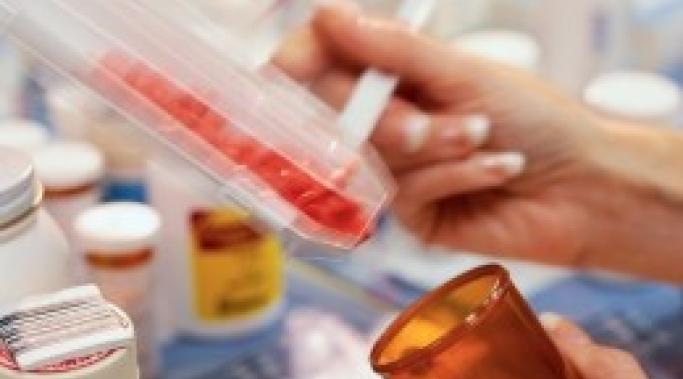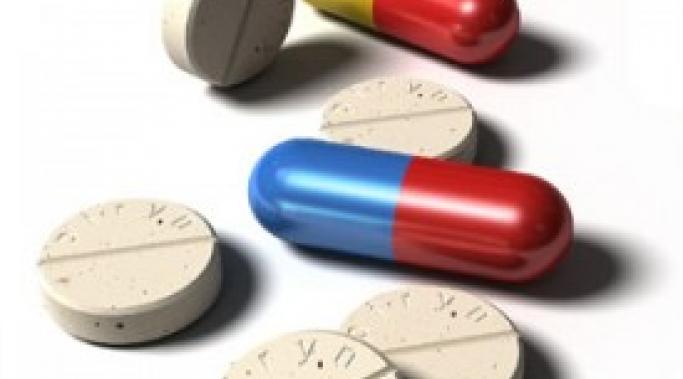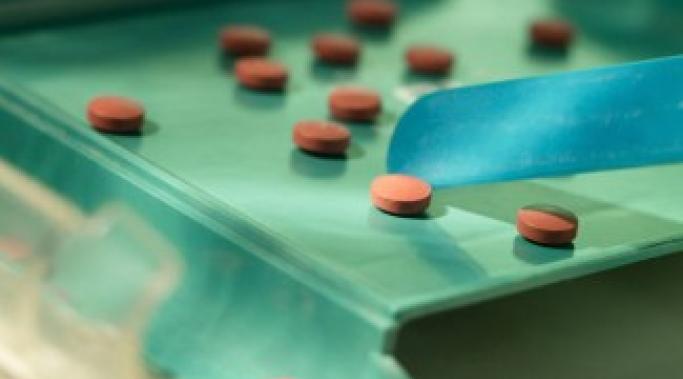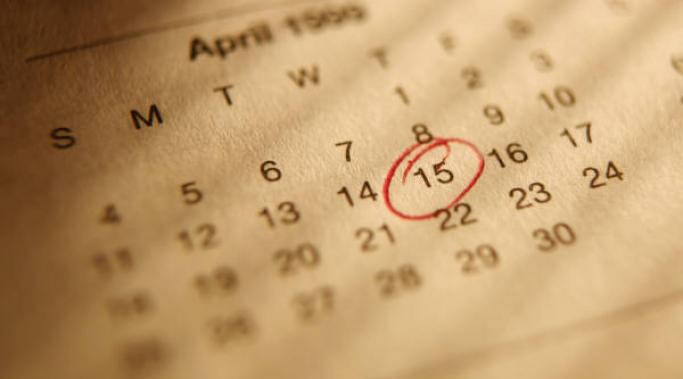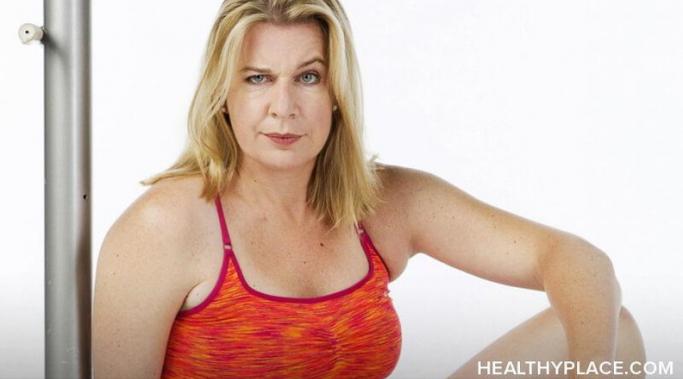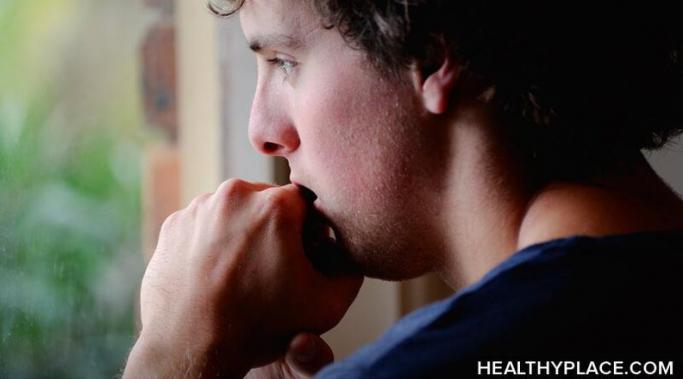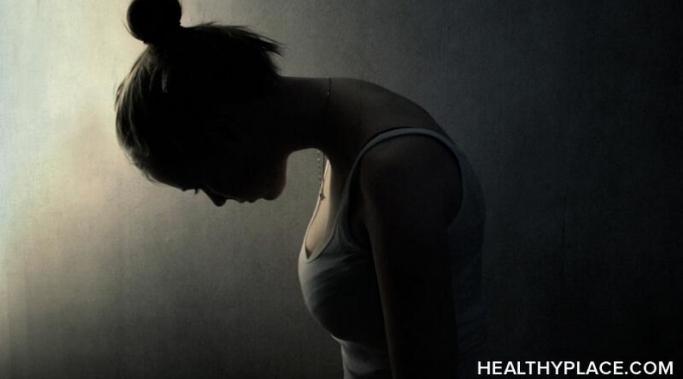I have had years of therapy in my life to deal with bipolar disorder (and other assorted issues). I would say, at least 15. It makes my head spin thinking of all the therapists I have talked to in my time.
But I admit, I’m not in therapy now. I know, as a role model I probably should stand up and say that everyone needs therapy all of the time but I don’t think that. I think that you can outgrow therapy for bipolar disorder.
Bipolar Treatment – Breaking Bipolar
As many of you have heard by now, the drug ketamine is being investigated as an antidepressant. Yes, the drug known on the street as “Special K” causing it’s users to fall into a “k-hole” is being researched for clinical, antidepressant use. Ketamine has shown promise both in unipolar and bipolar depression.
There are many problems with ketamine, though, not the least of which being that it’s a scheduled substance in the United States and thus very hard to get your hands on. It can be done but it’s awfully pricey. There are also substantial side effects like hallucinations to worry about. (Ketamine is typically used as an anaesthetic in medicine.)
Luckily, there is a chemical cousin of ketamine on the horizon that appears to work in a similar way to ketamine but without all the unfortunate side effects.
I have been in treatment for bipolar disorder for about 16 years. And during all that time I have tried every medication known to man, vitamins, herbs, chakra-cleaning (really), tinctures and various types of therapy.
And no matter what treatment I’ve been on, two things have been true:
People will insist on judging me for it.
Some people will disagree with it.
So to all the people out there who are not my doctor I ask: Why should I have to justify my mental illness treatment to you?
Would it surprise you to know that I think there is a miracle medication in bipolar disorder? I’ve taken it. And yes, it was a miracle for me. I remember going from suicidal ever day of my life to wanting to do a life-affirming skydive.
The problem is, the “miracle” medication is different for each person.
Last week, I discussed the basics of postpartum depression, postpartum psychosis and how these conditions are more common in women with bipolar disorder. Today I’ll talk about screening for postpartum depression and postpartum depression as well as their severe effects on the child and the treatment of these conditions.
I have spent a great many years with this bipolar disorder thing. I have spent a great many years dealing with it. I have spent a great many years suffering with it. I have spent a great many years with medication unsuccessfully controlling it. I have spent a great many years in pain.
And when in an episode, for me it’s a depressive episode, I just want to know, “how many days until I get better? How many more days do I have to live in this agony?”
When I was first diagnosed, I went through 18 months of medication trials without success. I initially tried a bunch of antidepressants thanks to misdiagnosis and then I went through mood stabilizers when it was confirmed that I had bipolar disorder.
And every medication was pretty much the same. I would take the drug, it would induce horrible side effects, I wouldn’t be able to tolerate the drug and then I would have to try something else. It was unadulterated hell.
After 18 months of that, I went to my psychiatrist’s appointment, sat down and looked at my doctor as he threw his hands in the air and said, “I can’t help you. You’re no longer my patient.”
My doctor had fired me.
People with bipolar disorder, regardless of medication, are, on average, heavier than the average person. This is likely due to sedentary lifestyles and poor dietary choices due, in part, to reduced income. I suspect it’s also because of untreated and undertreated people exhibiting major depression and never getting off the couch (something I know a lot about).
But then, of course, there are the side effects from medication and one of the big ones that effects people drastically is weight gain. Antipsychotics, in particular, can make a person put on a lot of weight and fast. (Tip: the antipsychotic that was newly approved in bipolar disorder, lurasidone, has been shown to be weight-neutral.)
And while many people work very hard to try to lose it, the fact of the matter is, most can’t. Losing weight is something that is tough in the average population let alone in a medicated one. So sometimes, acceptance is the only answer.
This morning, a girl from the United States (I’m in Canada) contacted me and said she had taken 40 pills in a suicide attempt and now needed help immediately.
Please don’t do this.
Please don’t treat the internet like it’s 9-1-1. It isn’t.
It just so happened that I was checking the comments on my blog three minutes after this girl posted this comment so I caught it in time. (Help was called.) But I very much could have missed it. It could have taken me hours to get to this comment. I get many comments and emails and sometimes it takes me a long time to get around to reading them, let alone responding. I am, in no way, an emergency service.
Reaching out to someone is always better than reaching out to no one, but please, if you need mental health help, know who to reach out to.
Delusions are false beliefs that are held in spite of a lack of evidence or even evidence to the contrary. For example, a delusion might be believing that the FBI is surveilling you every day or that you can predict the future. Delusions are a part of psychosis which can be present in bipolar depression or bipolar mania.
Delusions are easiest to spot when they’re exaggerated, like in the above examples, but I would suggest that delusions are much more common when we give them credit for. I would suggest that delusions are present in most cases of severe bipolar depression.

